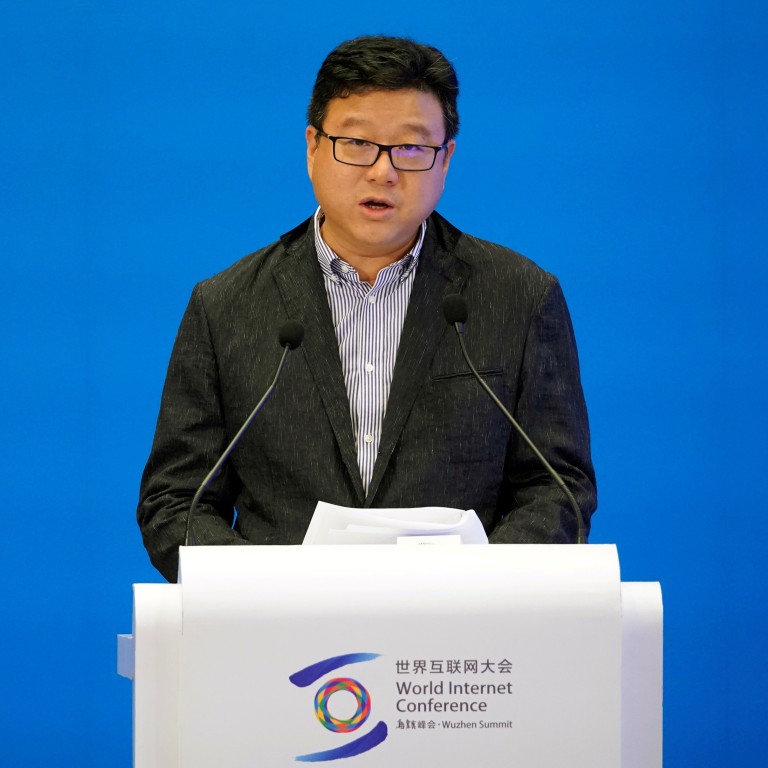
Coding should be part of basic education for Chinese kids, NetEase CEO Ding Lei says
- China should include computer programming in its basic education curriculum to support its ambitions of becoming a tech powerhouse, Ding Lei proposes
- The tech CEO is making the proposal for the Two Sessions, an annual meeting of China’s two main political bodies
At what age can a child start coding? What is the right age for kids to learn computer programming?
His proposal also suggested including coding as part of academic examinations, which would position coding as an “important” aspect of the education system, according to the proposal released on Thursday.
Ding’s proposal comes as China aims for global supremacy in multiple hi-tech sectors, from artificial intelligence to blockchain, driving up the demand for developers and computing engineers.
China’s schools embrace online learning as coronavirus cancels classes
In Israel, for example, coding is a compulsory course in high schools. In 2014, Britain adopted a national computing curriculum that included coding lessons for children as young as five. In the same year, then-US President Barack Obama pledged US$4 billion in funding for computer science education in the nation’s schools.
A shortage of hi-tech talent has already been preventing the wider adoption of AI in China, according to an industry white paper released in December, which nonetheless projected that the market would be worth US$11.9 billion by 2023.
The CPPCC and the National People's Congress (NPC), China’s parliament, are two main political bodies of China that convene each year to discuss major laws and regulations, as well as scrutinise work reports and the national budget, in what is known as the Two Sessions.
Some of the country’s best-known technology names including Baidu chief executive Robin Li Yanhong, Xiaomi chairman Lei Jun and Lenovo CEO Yang Yuanqing are slated to appear in person at the annual event as delegates and members, reflecting the importance of tech in the country’s policies.

